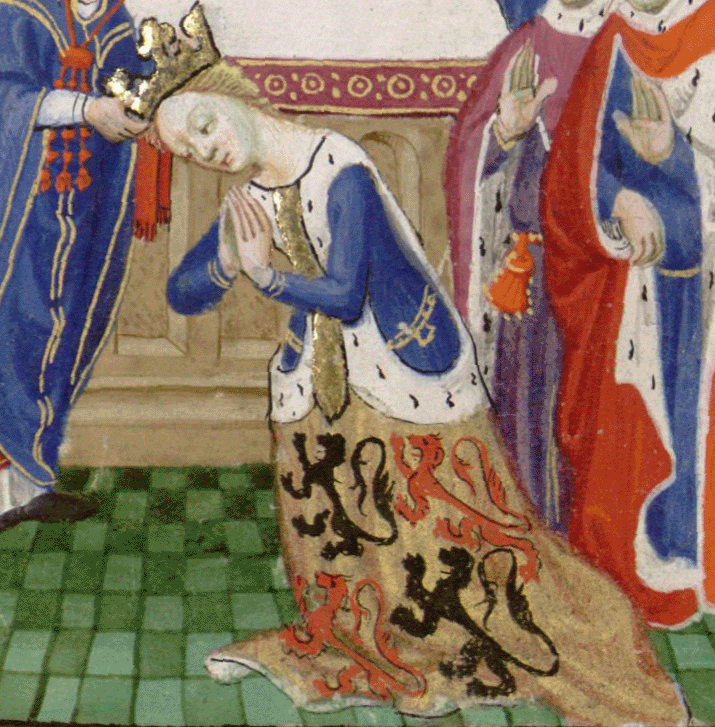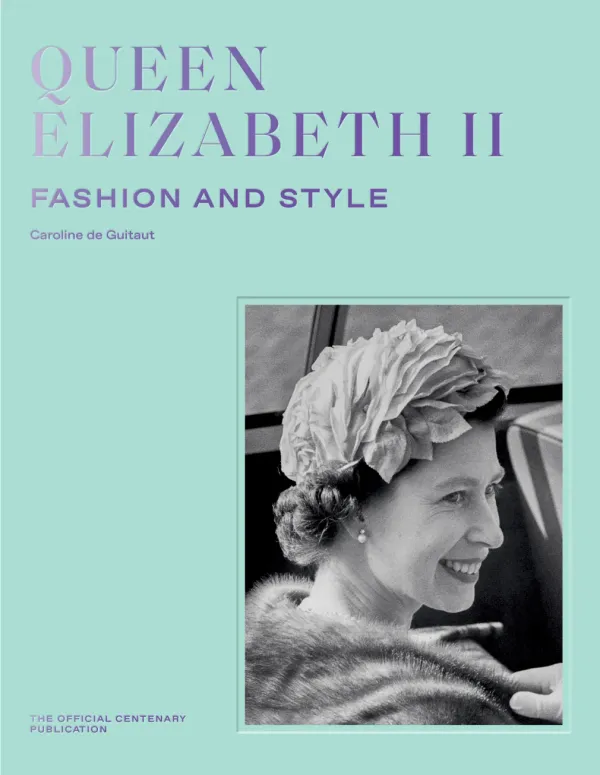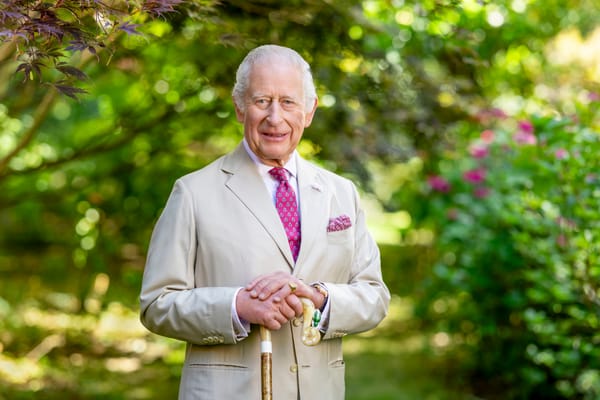Crown & Influence: Philippa of Hainault - The Beloved Queen Who Shaped Chivalry

Edward III's queen brought compassion to medieval England's court and became the most admired consort of her age
In an era of warrior queens and political schemers, Philippa of Hainault stood apart through kindness, loyalty, and genuine goodness. As queen to Edward III during England's most militarily glorious period, Philippa could easily have been overshadowed by her husband's conquests and the spectacular pageantry of the Hundred Years' War. Instead, she became one of medieval England's most beloved queens, remembered for her compassion, her faithful partnership with Edward, and her role in building the culture of chivalry that defined the age. Unlike the dramatic figures who surrounded her—her mother-in-law Isabella's notorious rebellion was still fresh in memory—Philippa wielded her influence through softer means, yet her impact on English culture and politics was profound and lasting.
The Marriage That Saved a Rebellion
Philippa was born around 1314 in Valenciennes, daughter of Count William I of Hainault, a prosperous territory in the Low Countries. She grew up in a cultured court known for its promotion of chivalric ideals and courtly literature. She was educated, accomplished in music and literature, and by all accounts, pleasant-natured and kind.
Philippa's path to the English throne began not with diplomatic planning but with her mother-in-law's desperate need for an army. In 1326, Isabella of France was in exile, planning her invasion of England to overthrow her husband Edward II and his hated favorites, the Despensers. She needed troops and money, and Philippa's father could provide both—for a price.
That price was the betrothal of Isabella's son, the fourteen-year-old Prince Edward, to William's daughter Philippa. The young couple met at the Hainault court, and apparently, the match was agreeable to both. Prince Edward, thrust into his mother's political schemes, found Philippa to be kind and sensible. Philippa, barely twelve years old, was stepping into one of Europe's most dramatic political situations.
When Isabella's invasion succeeded and Edward became King Edward III in 1327, he honored his betrothal. The couple married in January 1328 at York Minster. Edward was fifteen; Philippa was thirteen. Unlike so many royal marriages of convenience, this one would grow into a genuine partnership built on mutual affection and respect.
The Queen Who Interceded
Philippa's defining moment came early in her queenship and would shape how she was remembered for centuries. In 1347, after a year-long siege, the English captured Calais, a crucial strategic port. The defenders had held out with remarkable determination, causing Edward III such frustration that when they finally surrendered, he demanded that six of the town's leading citizens come before him with nooses around their necks, ready to be executed as an example.
The famous burghers of Calais appeared as demanded, expecting death. Edward was unmoved by pleas for mercy. Then Philippa, heavily pregnant with her twelfth child, threw herself on her knees before her husband and begged him to spare the men for the sake of the Virgin Mary and for love of her. According to the chronicler Jean Froissart, Edward wept at his wife's plea and granted her request, sparing the six men.
The story became legendary—immortalized in Froissart's chronicles, in countless medieval manuscripts, and eventually in Rodin's famous sculpture. Whether it happened exactly as described is less important than what it revealed about Philippa's reputation: she was seen as merciful, as an intercessor who could temper her husband's severity with compassion. In the harsh world of medieval warfare, where clemency was rare, Philippa's intercessions became famous.
This wasn't an isolated incident. Throughout Edward's reign, Philippa regularly interceded for prisoners, mediated disputes, and sought pardons for condemned men. She used her position not to accumulate power or wealth for herself, but to exercise mercy. In an age when queens were expected to be gracious intercessors, Philippa perfected the role.
The Mother of England
Philippa's most important duty was producing heirs, and she fulfilled it abundantly. Between 1330 and 1355, she bore Edward at least twelve children—eight sons and five daughters who survived infancy. This was an extraordinary achievement in an age of high maternal and infant mortality. Philippa's frequent pregnancies didn't keep her from her other duties; she often accompanied Edward on campaign, even when pregnant, demonstrating remarkable stamina.
Her children would shape English and European history for generations. Her eldest son, Edward the Black Prince, became the greatest warrior of his age. John of Gaunt, her fourth son, would found the Lancastrian dynasty. Her daughter Isabella married the Lord of Coucy in a wedding so lavish it bankrupted the royal treasury. Through her children and grandchildren, Philippa became an ancestor of virtually every subsequent English monarch.
But Philippa was more than a royal broodmare. She was actively involved in her children's upbringing and education, unusual for a royal mother of her era. She ensured they received excellent educations and instilled in them the chivalric values she held dear. The close-knit nature of the royal family was largely due to Philippa's influence.
The Builder of Chivalric Culture
Philippa was instrumental in creating the culture of chivalry that made Edward III's court the most celebrated in Europe. She was a patron of literature, particularly of courtly romances and Arthurian legends. The poet and chronicler Jean Froissart came to England specifically because of Philippa's patronage and spent years at her court, recording the deeds of Edward's reign in prose that glorified chivalric ideals.
Philippa supported Edward's creation of the Order of the Garter in 1348, the most prestigious order of chivalry in England. The order was explicitly based on Arthurian ideals, and Philippa helped organize the elaborate tournaments and festivities that surrounded it. The famous Round Tower at Windsor Castle was built to house the order's gatherings, and Philippa was central to making these events not just military exercises but cultural celebrations.
She also patronized the arts more broadly. She supported poets, musicians, and artists. She encouraged the production of illuminated manuscripts. Her court became known for its refinement and culture, not just its military glory. While Edward was winning battles in France, Philippa was creating a court culture that celebrated those victories in ways that would resonate for centuries.
The Queen's Business
Philippa was also an effective administrator and businesswoman. She held extensive estates throughout England and managed them personally, becoming one of the country's largest employers. She was particularly interested in promoting England's wool trade and weaving industry, bringing Flemish weavers to England to teach their techniques, helping to establish the textile industry that would become crucial to England's economy.
When Edward was abroad on campaign—which was frequently—Philippa often served as regent or at least as a key member of the regency council. She managed the kingdom's finances, supervised the collection of taxes to fund Edward's wars, and maintained order at home. She did this work efficiently and without drama, never seeking to aggrandize her own power but faithfully supporting her husband's goals.
Philippa was also involved in diplomatic negotiations, using her family connections in the Low Countries to help secure alliances for Edward's French campaigns. Her nephew, the Emperor Charles IV, was a valuable ally partly because of Philippa's influence. She understood that a queen's diplomatic role extended beyond producing heirs—she was a link between kingdoms, and she used that position skillfully.
The Long Decline
The 1360s brought sorrow to Philippa's life. In 1361, the Black Death, which had first struck England in 1348, returned, killing her daughter Joan, who was traveling to Spain to marry. The loss devastated Philippa. More deaths followed—friends, courtiers, people she had known for decades.
Philippa's own health began to fail. She suffered from dropsy (probably congestive heart failure) and grew increasingly weak. She also had to watch as Edward, now in his fifties, grew restless in their long marriage. By the late 1360s, Edward had taken a mistress, Alice Perrers, a woman of relatively low birth who wielded increasing influence over the aging king.
Philippa bore this humiliation with dignity. She didn't rage against Alice or plot against her—that wasn't Philippa's way. Instead, she withdrew somewhat from court life, spending time at Windsor and other favored residences, focused on her charitable works and religious devotions.
In August 1369, Philippa died at Windsor Castle, with Edward at her bedside. According to chroniclers, she asked Edward to grant her three final requests: to pay her debts, to fulfill her charitable bequests, and to be buried beside him when his time came. Edward, weeping, promised all three. Philippa was buried at Westminster Abbey, and when Edward died eight years later, he was indeed laid beside her, as promised.
The Memory of Goodness
Philippa of Hainault never led an army, never orchestrated a coup, never dominated politics through force of personality. Yet she became one of medieval England's most beloved queens, and her reputation has endured remarkably well through the centuries.
Contemporary and near-contemporary chroniclers praised her in terms rarely used for other queens. Froissart, who knew her personally, described her as "the most gentle Queen, most liberal, and most courteous that ever was Queen in her days." The Westminster Chronicle called her "a great lover of her Lord, who greatly loved the English nation." Even allowing for courtly flattery, the consistency of praise is striking.
What made Philippa so admired? Partly, it was her genuine kindness and mercy in an age that valued those qualities in theory but rarely practiced them. Her intercessions saved lives and earned her a reputation as a protector of the vulnerable. She exercised the "soft power" expected of queens—mercy, intercession, patronage—but did so with unusual effectiveness and sincerity.
Partly, too, it was her faithful partnership with Edward III. Unlike many royal marriages, theirs seems to have been genuinely affectionate. Edward was faithful to Philippa for nearly forty years, remarkable for a medieval king. They were partners in building Plantagenet glory—he through military conquest, she through creating the cultural framework that celebrated and perpetuated those conquests.
Philippa also represented stability. She reigned during one of England's most successful periods, when Edward's military victories in France made England seem invincible. She presided over a court that was celebrated throughout Europe for its chivalry and magnificence. While Edward was winning glory abroad, Philippa maintained peace at home. She was the steady center of a glittering, sometimes turbulent age.
Perhaps most importantly, Philippa seemed genuinely good. In an age of political backstabbing, palace coups, and ruthless ambition—when her mother-in-law had overthrown and possibly murdered a king, when queens like Margaret of Anjou would soon be leading armies—Philippa stood apart through simple decency. She didn't scheme for power; she used the power she had to help others.
This doesn't mean Philippa was weak or merely decorative. She was an effective administrator, a shrewd businesswoman, and a capable regent. She managed vast estates, promoted economic development, and helped govern England. But she did these things without drama or self-aggrandizement, and so history has sometimes underestimated her capabilities.
Philippa of Hainault proved that a medieval queen could be both powerful and beloved, effective and merciful, politically astute and genuinely kind. She helped shape the chivalric culture of the later Middle Ages—not through writing or legislation, but through patronage, example, and her own character. She demonstrated that "soft power" could be as important as military might, that intercession and mercy were as valuable as conquest.
In the long history of English queens consort, few have been as universally admired as Philippa. She brought no kingdom with her, led no armies, orchestrated no dramatic coups. She simply lived according to the ideals her age celebrated—loyalty, mercy, courage, generosity—and in doing so, became the model of queenship. The beloved queen of England's most glorious warrior king, Philippa remains a reminder that sometimes the most lasting influence comes not from dramatic action but from consistent goodness.




